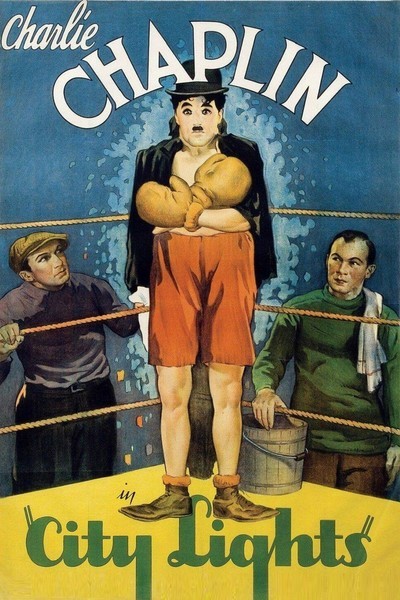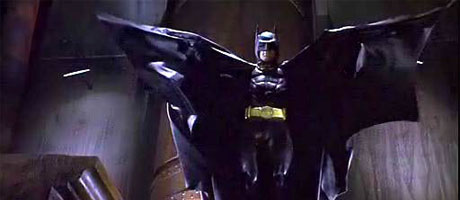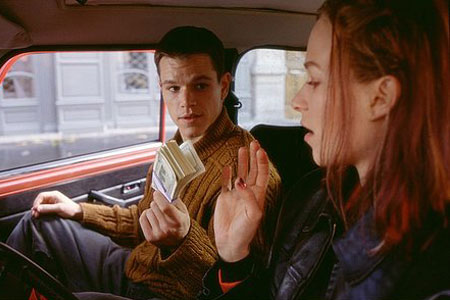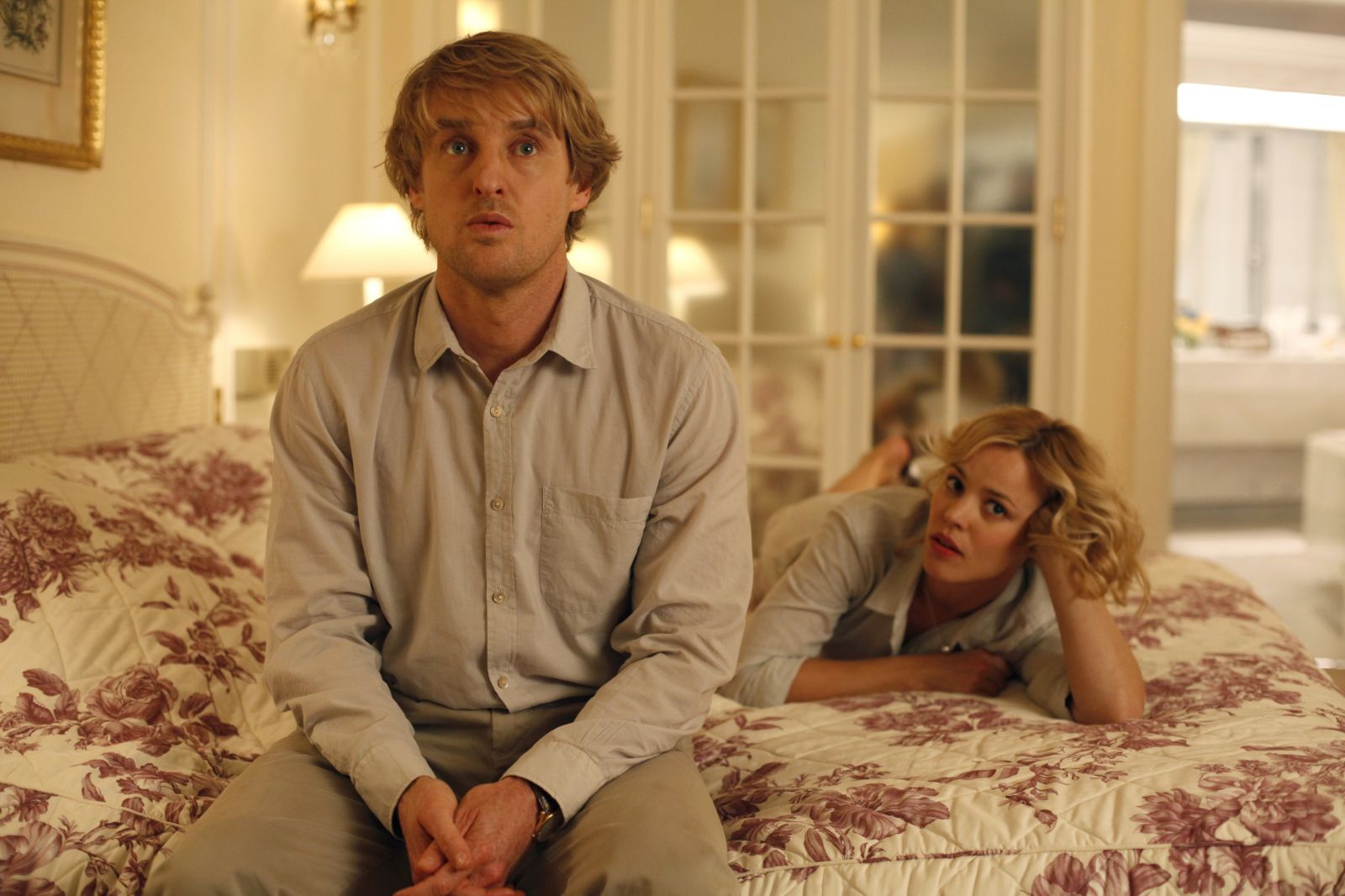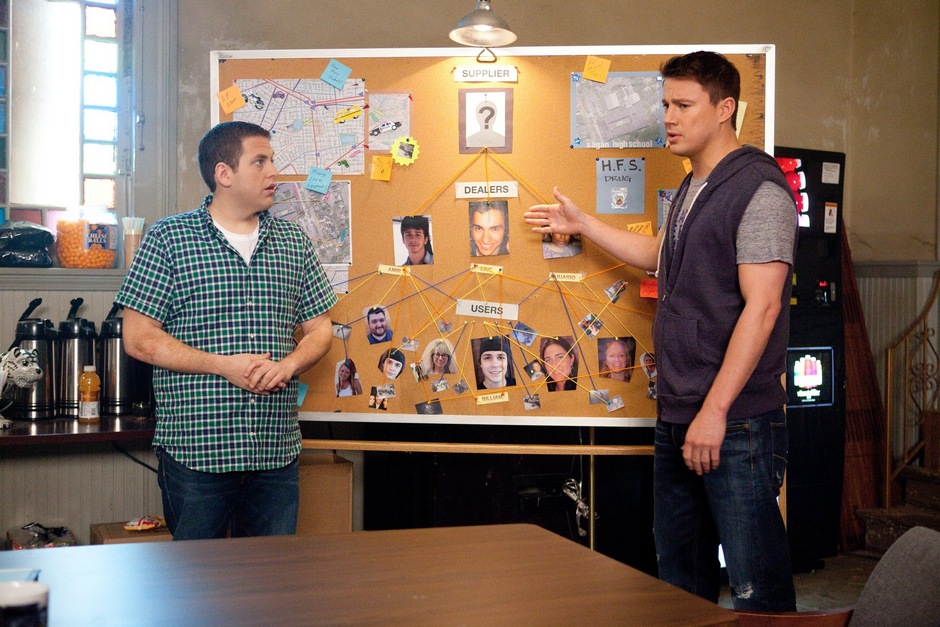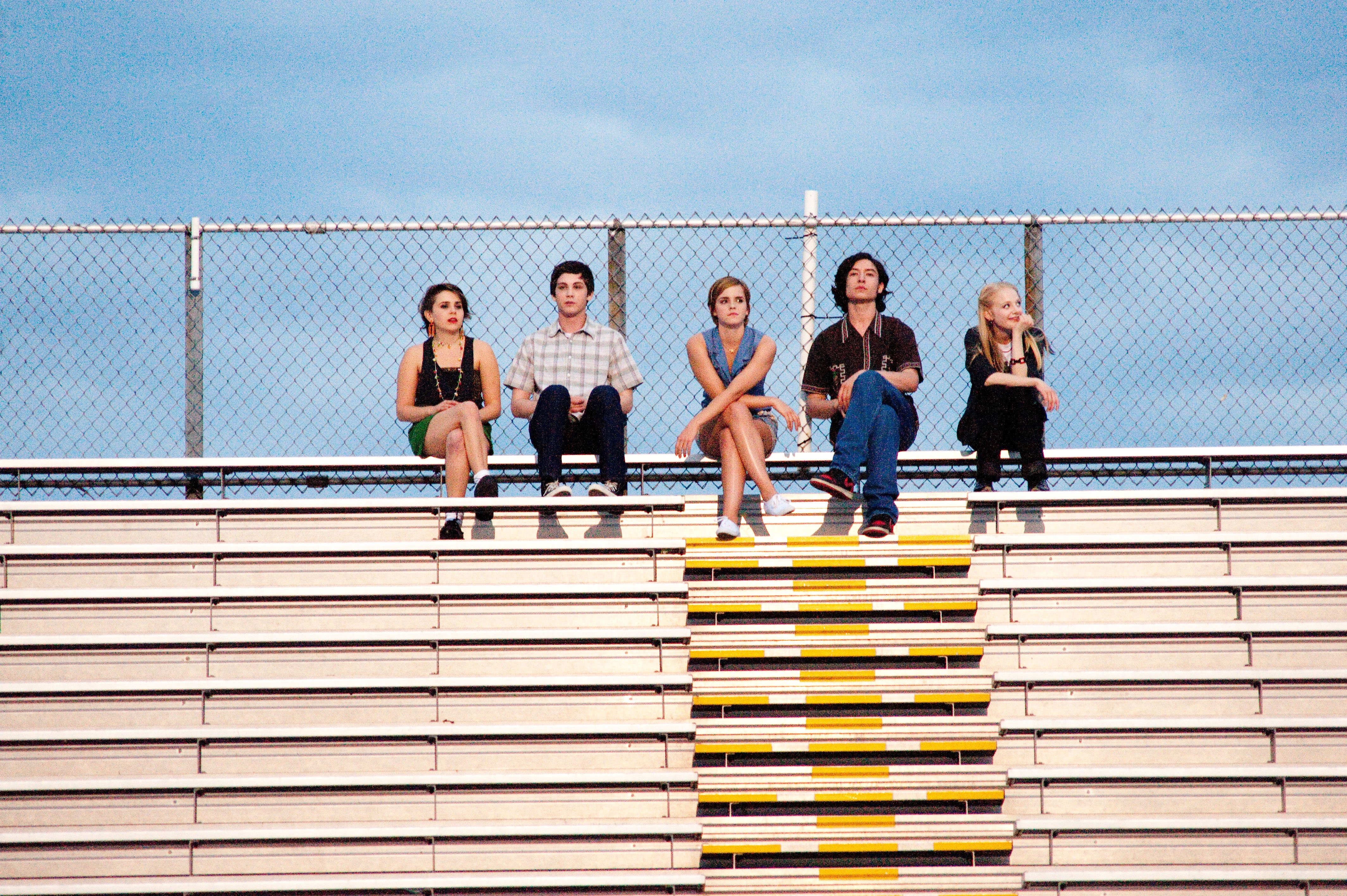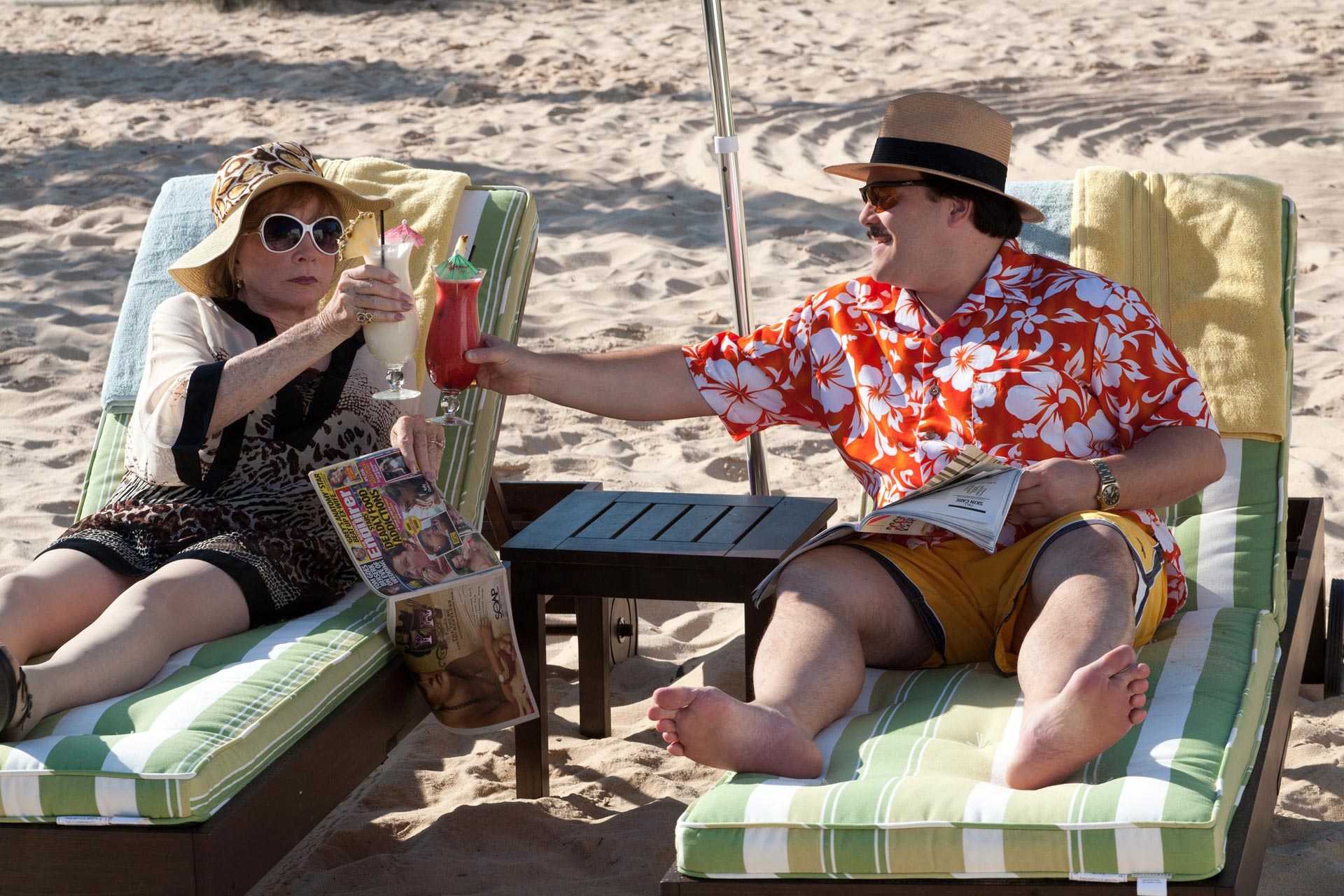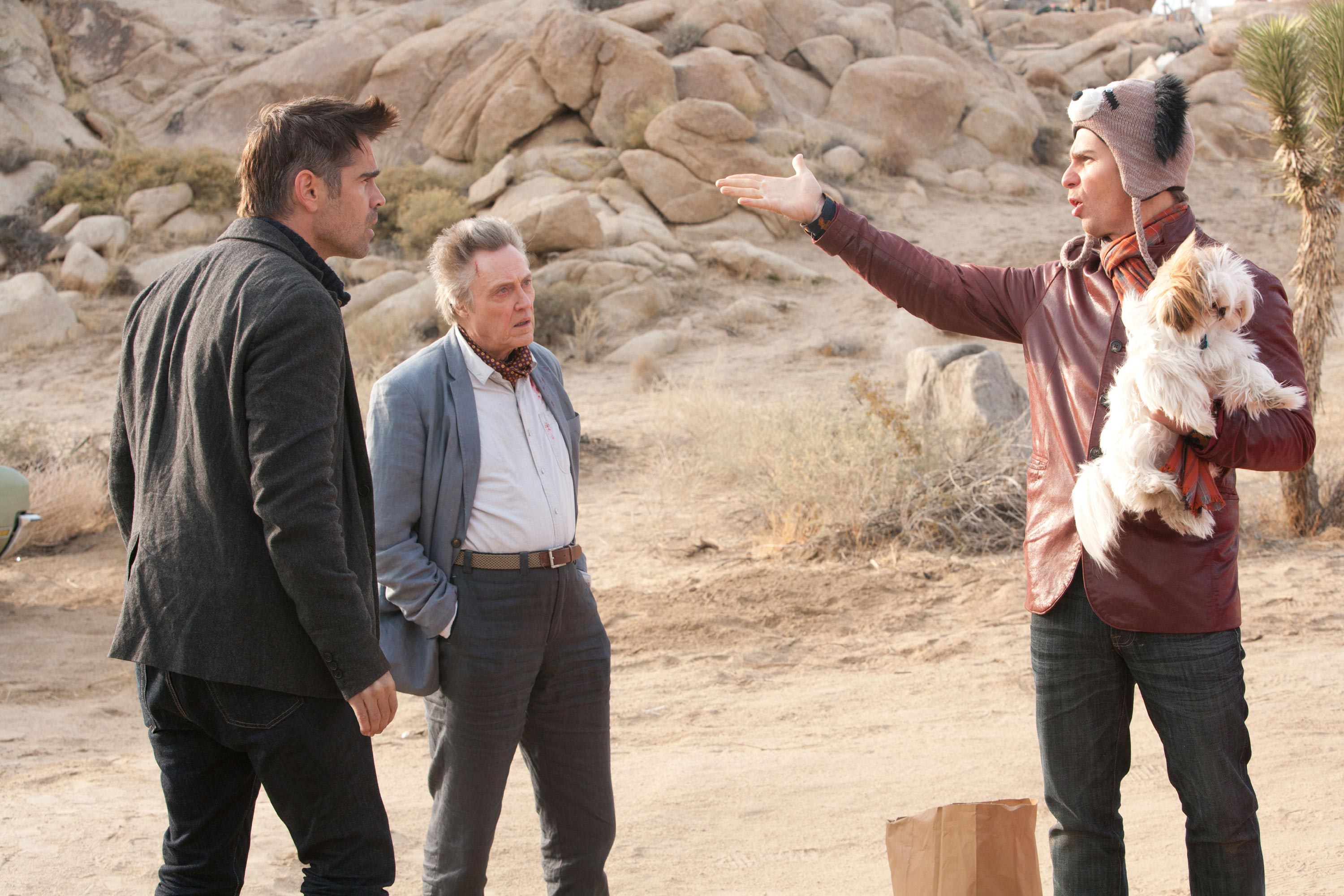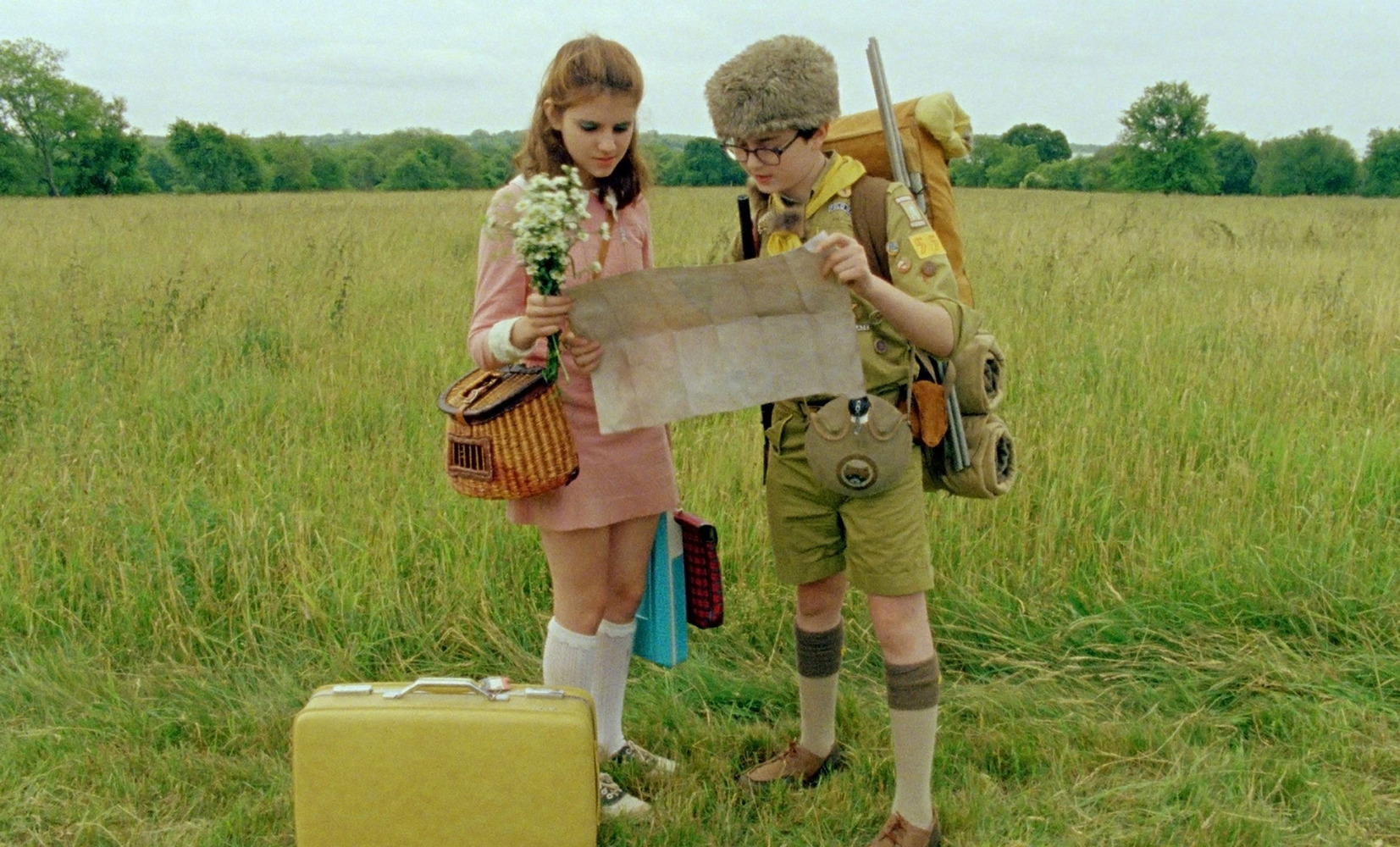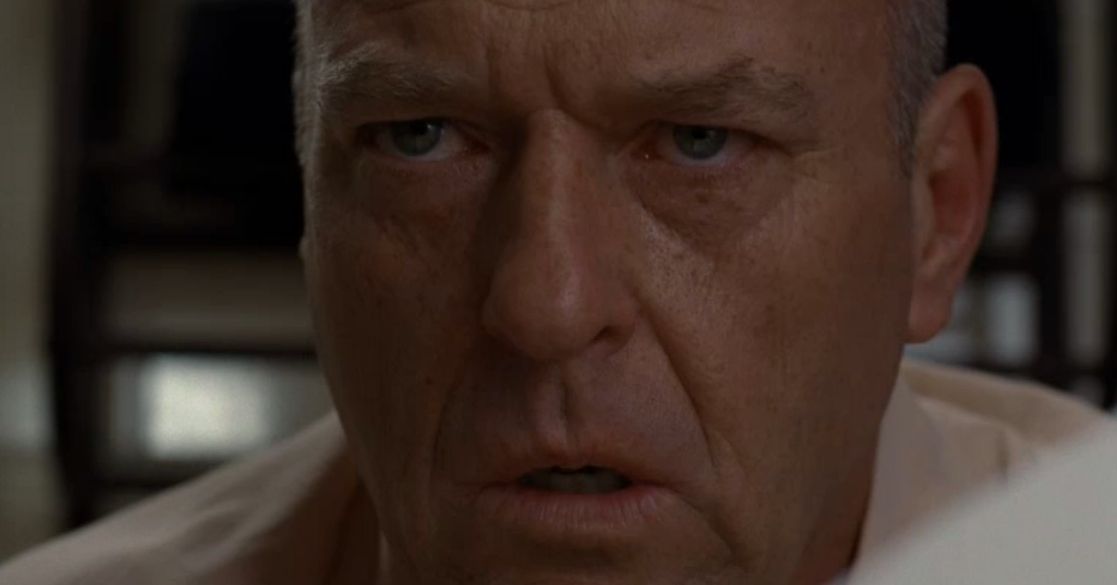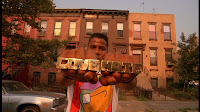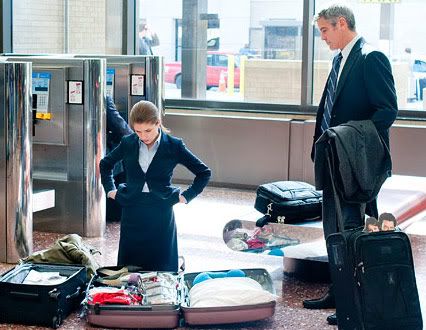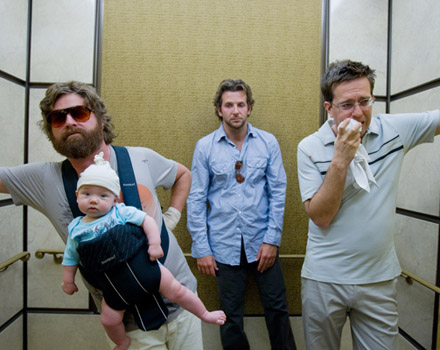 |
| Image via Villains Wiki |
Well, it’s Halloween. You know what that means: time for people to pretend they care about horror movies for one month!
And it’s really a shame that this obsession will go on for only a month: Horror movies do not get all of the respect they deserve (I blame found footage). Sure, horror is starting to get attention on TV (“The Walking Dead,” “Hannibal,” “Bates Motel,” fifty new witch shows all premiering on Lifetime), but cinema is really where the genre began, and where it is at its best.
Unfortunately, horror has been one of my pop culture blind spots for years. I have been lucky enough to take a class about the genre and explore it more on my own and have a newfound appreciation for it. Maybe it’s my fault for thinking that “Saw V” represented every horror movie ever.
What I am trying to say is that I am a relatively new horror fan. Unfortunately, I cannot dig up any obscure examples to show how savvy I am, as I’ve only seen one movie made by George A. Romero. However, I can be your Introductory Horror Spirit Guide, and lay out the basics. In my opinion, these are ten essential horror movies to kick off your love of horror movies with. Let me remind you that you can watch horror movies after Halloween ends:
NOTE: This list is not in order from best to worst, or vice versa. It is also not in chronological order. Rather, I put them in the order I think you should watch them in. So watch the first one on the list first and continue down to the bottom. Or don’t, if that’s not what you’re into. And according to most horror movies (especially “The Silence of the Lambs”), people can be into some really weird stuff.
Psycho (1960)
Horror didn’t start with “Psycho,” but this is the point where the genre completely changed. Hitchcock’s masterful directing is years ahead of its time. He shows just the right amount of strength. 50 years later and that shower scene is still terrifying. “Psycho” inspired a new generation of filmmakers and audiences obsessed with slashers who could probably use a few therapy sessions with Freud.
Scariest Moment: The shower scene. No question.
Night of the Living Dead (1968)
I have never been a huge fan of zombie stories (sorry, “Walking Dead” fans, I’ll watch it one day), but “Night of the Living Dead” is more than just that. For starters, the word “zombie” is never said once, making this the only zombie movie where its plausible that the characters have never heard of zombies before. It came out in 1968, so you can bet that its full of references to Civil Rights and the Cold War. “Night of the Living Dead” is a fine example of how to make a convincing scary movie on a microbudget.
Scariest Moment: An infected young girl stabs her mother to death with a trowel.
Halloween (1978)
Sometimes, it seems like the power of “Halloween” has diminished, thanks to many sequels, a remake, and a vast amount of copycats. Yet, John Carpenter’s classic still holds up as a near-perfect (there’s a bit too many palm trees for Illinois) slasher film about terror in suburbia. While a majority of the tropes that make up most modern horror movies can be traced back to “Halloween,” Michael Myers is still one of horror’s most unique villains. He wears a plain white mask, and most of the killings are seen through his eyes. Sometimes, it feels the viewer is the slasher, and whether you enjoy it or not is up to you.
Scariest Moment: One prominent chase would have been scarier had Jamie Lee Curtis not been screaming about her
stupid keys. So I’m going to go with the moment where it SEEMS like Michael Myers is dead…
Jaws (1975)
At age 12, I made the mistake of watching “Jaws” just a few days before getting on a cruise ship. It amazes me how much terror Spielberg was able to pull off with just a PG rating, but “Jaws” elevated Hitchcockian horror to blockbuster status. To this day, it is still the scariest and most entertaining horror movie involving a giant sea creature. Everything from the music to the shark itself are frightening as ever. Like Hitchcock before him, Spielberg shows great restraint in showing the shark sparingly (even if it was partially because of a technical issue).
Scariest Moment: Tough call, but I’m going to go with the opening shark attack. Basically, if you’re a girl in a horror movie and you take your clothes off, then you’re probably about to die.
Carrie (1976)
Like Spielberg, Brian De Palma worships at the feet of Hitchcock. That is one of the reasons why the recent remake of “Carrie” has nothing on the original. “Carrie” is a masterpiece of slow-building horror capped off by two amazing performances by Sissy Spacek and Piper Laurie. De Palma makes you wait a long time to get to the much anticipated moment when the bucket of pig guts falls. Yet, the wait is never boring; it is agonizing and suspenseful as hell because we’ve been waiting the whole entire movie to witness this tragic moment, and we just didn’t know it.
Scariest Moment: While the prom scene seems like a given, I am going to go with the second to last shot, which I will not spoil for you.
Rosemary’s Baby (1968)
A very famous movie came out in 1973 that is about demonic possession. While that one seems like the common sense example for this list, parts of it come off as kind of silly today. Meanwhile, “Rosemary’s Baby,” which contains very few scenes with the actual devil, is just as good today as it was in 1968. Roman Polanski might fool you a few times, as “Rosemary’s Baby” often doesn’t even feel like a horror movie. Like “Carrie,” “Rosemary’s Baby” is all about slow-building dread. And oh what an ever watchable display of dread this is.
Scariest Moment: In a hazy dream/nightmare sequence, Rosemary is impregnated by the devil. Brought to you by the sick mind of Roman Polanski.
The Silence of the Lambs (1991)
“The Silence of the Lambs” remains the only horror movie to win Best Picture, and for good reason. This is the first horror movie that must have really connected with voters: there are no vampires or zombies to be found here, just some psychotic humans. Anthony Hopkins and Ted Levine do amazing work creating two of the most haunting villains in cinematic history. The scariest part about “The Silence of the Lambs” is that these monsters could actually exist. Sometimes, they are just lurking in the basement next door to your house.
Scariest Moment: The showdown between Clarice, Buffalo Bill, and a pair of night vision goggles.
The Shining (1980)
“The Shining” is one of the most baffling and memorable psychological horror films ever made. It is one of Stanley Kubrick’s crowning achievements. “The Shining” has become a part of the pop culture lexicon (“all work and no play make Jack a dull boy”), and its influence on audiences has been so great that there is even a documentary about all of the theories it has espoused (“Room 237″). Jack Torrence could only exist in our worst nightmares, but his world is so vivid that it has become a part of our own.
Scariest Moment: Three-Way Tie: “Heeeeere’s Johnny!”/”Redrum”/”Come play with us forever and ever and ever.”
The Evil Dead (1981)
“The Evil Dead” might leave you breathless the first time you see it. “The Evil Dead” is filled to the brim with ideas and originality. The screams and geysers of blood are so over-the-top that they are frightening and intentionally hilarious at the same time. It’ll make you question your perception of horror in general. If you are a fan of the genre-bending done in “Community” or any Quentin Tarantino movie, then “The Evil Dead” is necessary viewing. It is also a must-see for every other human in general. Watch as Sam Raimi, at just age 22, proved he knew more about making movies than people twice his age. Heck I’m 21, and now I just feel like an underachiever.
Scariest Moment: “We’re gonna get you. We’re gonna get you.” Also, tree rape.
Funniest Moment: “Shut up Linda!”
The Cabin in the Woods (2012)
Playing off the genre-bending done by “The Evil Dead” years earlier, “The Cabin in the Woods” breathed new life into horror movies by deconstructing them. It spoofs the cliche group of college kids who go up to a cabin and get killed off one-by-one. Then, through some genius plot devices, “The Cabin in the Woods” explains exactly why all horror movies go the way they go. While it breaks away from formula, “The Cabin in the Woods” also defends it. But never mind that, it’s also as hilarious as it is insane.
Scariest Moment: The moment it gets bat shit crazy. You’ll see.
Other Contenders: Invasion of the Body Snatchers (1956), Deliverance, The Bride of Frankenstein, Alien, Se7en, The Birds
Still Need To See: Dawn of the Dead (1978), Friday the 13th (1980), The Omen (1976), The Texas Chainsaw Massacre (1974), The Hills Have Eyes (1977), Saw, Scream, Nosferatu, Paranormal Activity, Bram Stoker’s Dracula, Poltergeist
Overrated: The Blair Witch Project, The Exorcist
Horror pros and all others, what would you add to this list? Did I get it right? How many “Friday the 13th” sequels do I have to watch before I’m considered an expert?



